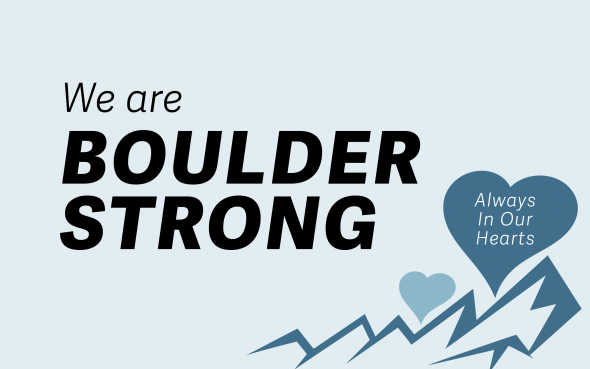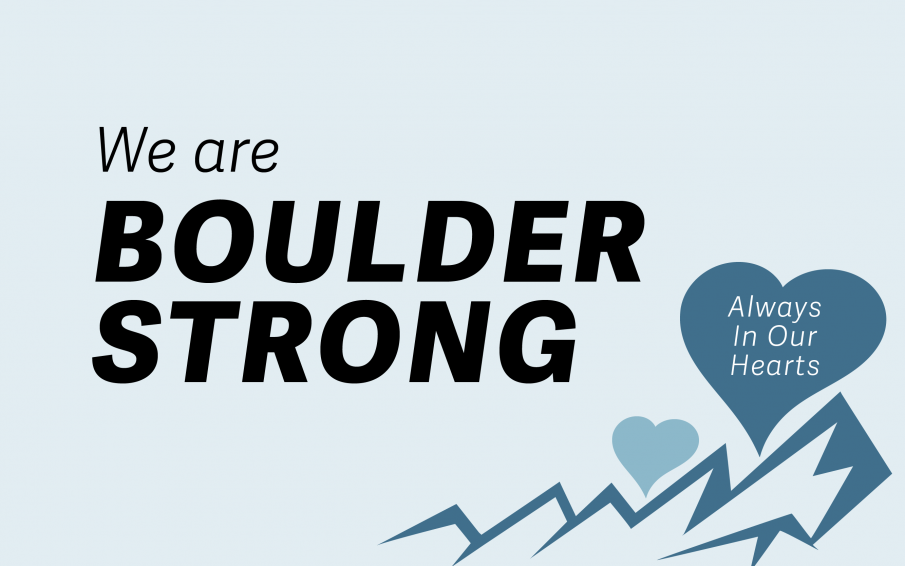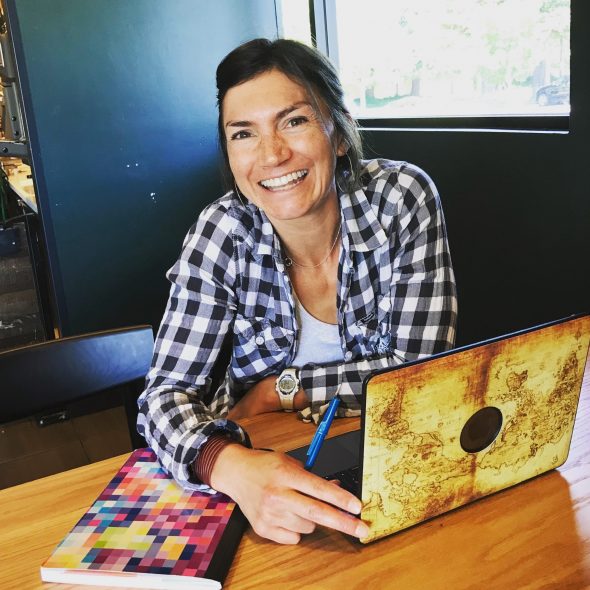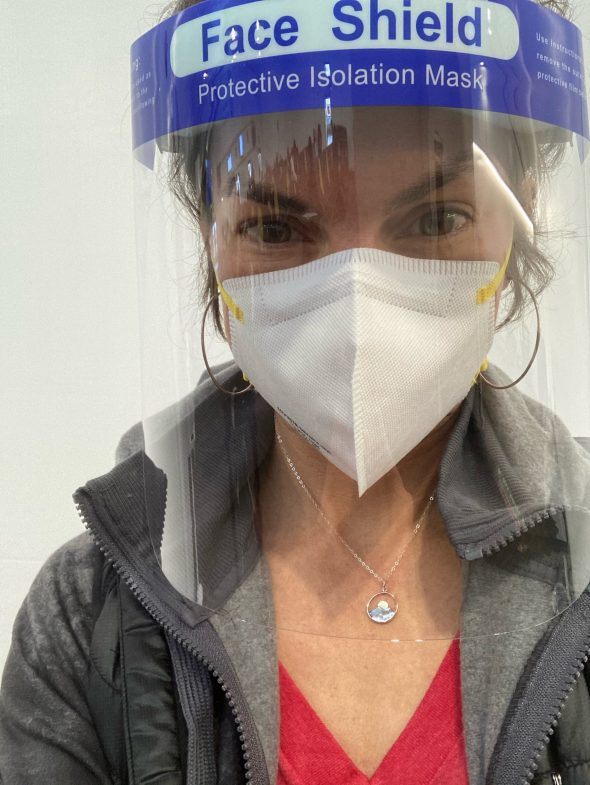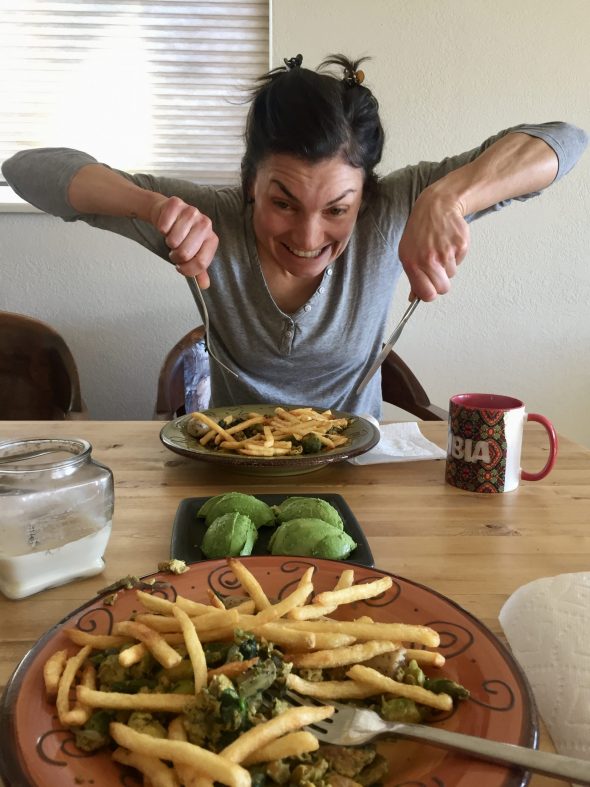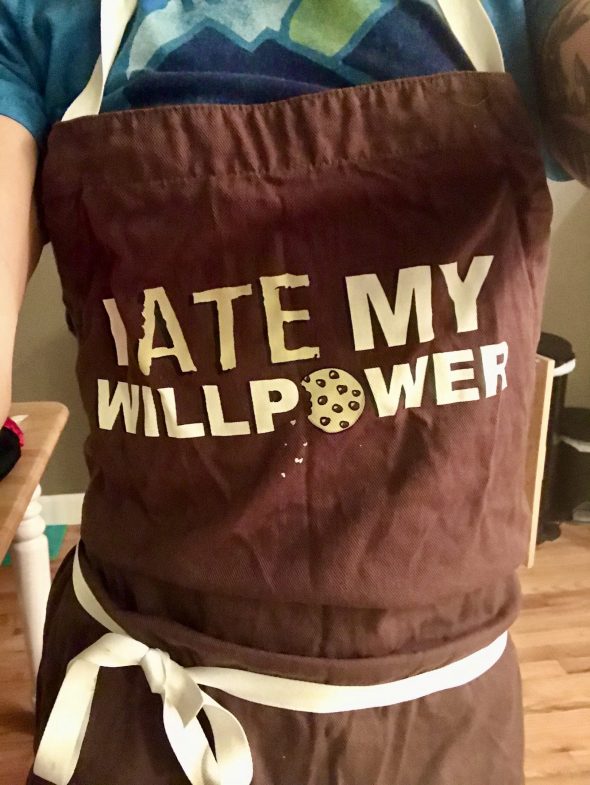How intriguing is this first line: Let’s talk about “Health Care Decisions Day”. Yeah, the words are mundane, but take a hot second to think about what the national day on April 16 was intended for. According to The Conversation Project, National Healthcare Decisions Day exists to inspire, educate and empower the public and providers about the importance of advance care planning.
Yeah, boring. Ok but we’re still experiencing a pandemic. Most halfway in-touch adults understand that death can occur at any time, at any age. Covid, accident, suicide, illness, mass shooting.
Even if you’re not a “planner” by nature, pause for a moment and think about how impactful it would be if you had made a few key decisions while you’re mentally and emotionally sound and physically able, decisions that would make a world of difference for how you experience your last weeks, days, or hours, and how your loved ones would have to manage that time period.
Granted, I work in older adult services and have for years. So phrases like “advance care planning” make sense to me, but they only do at this point in my life because of the career I’m in. I was thankful to know what an Advance Directive was before I moved to Colombia in 2018. I figured no better time to put a few things in writing about how I wanted to die, lest that scenario actually came to pass, than leaving my home to pursue my adventure dreams solo in a country with a pretty rough reputation.
For the record, I had a great experience in Colombia. But I am glad to have gotten my ducks in a row before leaving the country.
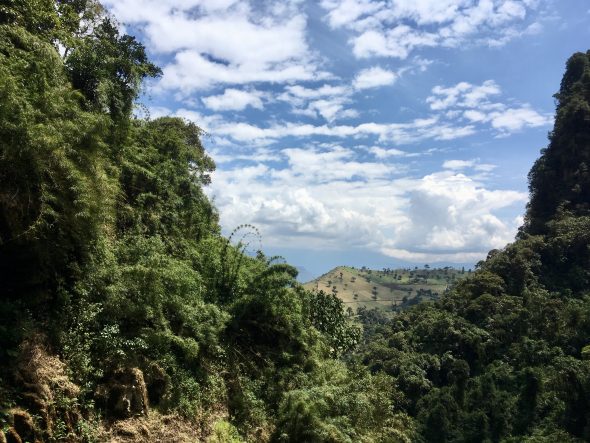
I’m not trying to be morbid or crass. It’s just reality, and let me frankly share my opinion: most of us could use a big awakening splash of reality, these days. Just open our eyes and recognize that sh*t is hitting the fan right and left, let’s address it and for goodness sake let’s have our own sh*t together and not contribute to more of it on the fan.
Rant over. Kind of. Let me encourage you to understand these terms:
Advance Care Planning – This is not just about old age. At any age, a medical crisis could leave you too ill to make your own health care decisions. Are you a skier, mountain biker, runner, fly fisher? Do you use a gas stove, do repairs in your home, climb up on ladders, pet unfamiliar dogs, ever eat without washing your hands? Do you drive a car, ride a bike, go outside of your house ever?
You can make decisions now about what kind of medical care you would want, if you are unable to speak for yourself and doctors and family members are making the decisions for you. My two brothers work in the emergency health care field and both have told me how much smoother and so much better it would be for so many people experiencing a crisis if they had something in writing before they were in that bad place.
Health Care Proxy – This is a document that allows you to appoint another person(s) as your health care agent to make decisions on your behalf if you are no longer able to do so. You may give your health care agent authority to make decisions for you in all medical situations if you cannot speak for yourself. In contrast to a living will, healthcare proxies do not set out possible outcomes with predetermined reactions, rather they appoint someone to carry out the wishes of an individual.Living Will – This is a written document outlining wishes for your health, to be followed if you cannot make decisions or express your wishes. It typically focuses on situations where you are terminally ill, and explains whether you want life-sustaining efforts be made.
Wait, I’m confused- is a Living Will the same as an Advance Directive? According to Google, and I found this helpful, an advance directive is a set of instructions someone prepares in advance of ill health that determines their healthcare wishes. A living will is one type of advance directive that becomes effective when a person is terminally ill. For example, do you have strong feelings about being kept alive by a breathing machine, artificial nutrition, or even CPR? Would you want to become an organ donor, or not?
So, an Advance (Healthcare) Directive is a legal document in which a person specifies what actions should be taken for their health if they are no longer able to make decisions for themselves because of illness or incapacity. In the U.S. it has a legal status in itself, whereas in some countries it is legally persuasive without being a legal document (Wikipedia). Each state has its own advance directive form, though apparently there’s a growing movement towards a universal form. It’s much better to have something than nothing, no matter which state you live in when you fill it out. Don’t throw up your hands and do nothing because of a form. Look up your state here and fill it out now (and no you don’t have to be part of AARP to use this form).
According to The Colorado Health Institute, the most common reason Americans give for not having an advance directive is that they just have not gotten around to it (what, The Crown episodes were a more enticing way to spend your evenings?) Three in 10 say they have never considered it – and I’ll bet it’s because they haven’t even heard of it. And five percent worry about changing their minds. That’s a small percentage, but if this concerns you then.. consider why and what to do about that. If it’s worthy of worrying about, it seems worthy of thinking about a solution, doesn’t it?
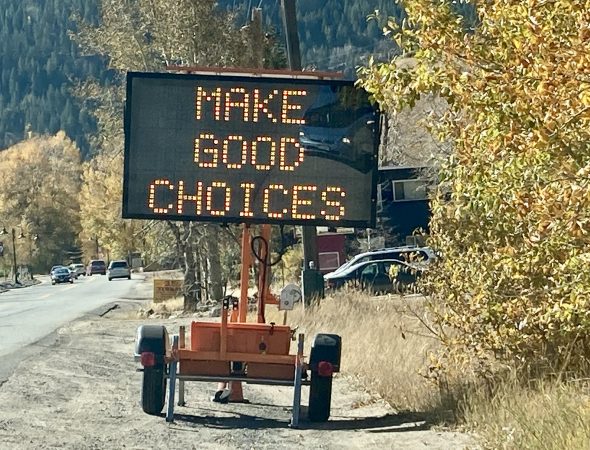
Resources:
- Mayo Clinic: Living wills and advance directives for medical decisions
- National Institute on Aging – This page offers lots of definitions and examples about advance care planning. I wish there was a site NOT related to aging that addressed this. I see why the majority of people don’t know about this topic or wish to think about it until much later in life, when yes it is appropriate then, but it could be so helpful earlier on in so many cases..
- National Hospice and Palliative Care Organization (NHPCO)- Don’t let this daunting title get you down, just click on this link to find your state’s downloadable Advance Directive form.
My hope is that if you’re still reading this, you’re at least intrigued as to why a 40-year-old triathlete, traveler, and grab-life-by-the-horns-type-of gal is writing about this, and maybe you’ll be inspired to take action for yourself.
I will keep living life fully and that means taking some risks. Also, I guess cuz nothing is for sure and I care about my fellow humans. I live and work in Boulder, Colorado, and three weeks ago our community was rocked by a mass shooting, taking the lives of 10 completely unsuspecting people. So I’ve been thinking about a lot of things lately, death being one of them.
Whenever it is, hopefully not untimely, your death experience could possibly be much less difficult or tragic if you invest a little time now to consider what you’d prefer to happen in a situation nobody loves thinking about. But we make similar types of decisions in marriages, divorces, purchases, car and travel insurance- aren’t our last hours of life worth it?
